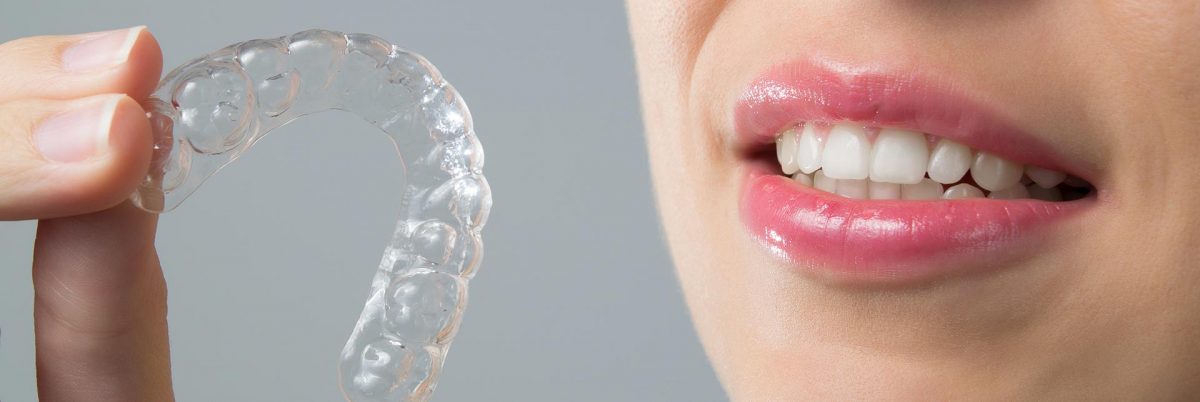Missing teeth can not only affect your confidence and self-esteem, they can also have implications for your oral and overall health. Issues caused by missing teeth include, trouble chewing and talking, chronic headaches, and increased risk of oral infections, which can spread through the body, causing serious health issues. Plus, these oral infections are often followed by gum disease, which has been linked to diabetes and heart disease.
Therefore, it’s understandable to be distressed if you have a missing tooth or teeth, but there are a number of restoration options available. In this article, we will be focusing on two of the most common, dentures and dental implants, helping you to determine which one is right for you.
What are Dentures?
Dentures are custom-made, removable dental appliances that replace missing teeth and some gum tissue. They are generally made from a pink acrylic base to blend into the gum tissue, which supports the false teeth. They may also include a lightweight metal frame for extra strength and support.
Depending on how many replacement teeth you need, your dentures will be partial or complete. Partial dentures are used to fill gaps, with clasps or precision attachments around your existing teeth supporting the denture. Complete dentures replace all the teeth in the upper and/or lower jaw and rest directly on the gums.
Pros of Dentures
- One of the cheapest options for tooth replacement
- Dentures are an option for patients who have experienced bone and gum loss
- Non-invasive fitting procedure
- The process to make dentures is fairly quick and requires just a few dentist visits.
Cons of Dentures
- Dentures may be uncomfortable at first and take some getting used to.
- Infections of the mouth and gums can occur if dentures are not properly cared for.
- Adjustment or replacements may be necessary, as face and gum structure changes with age.




